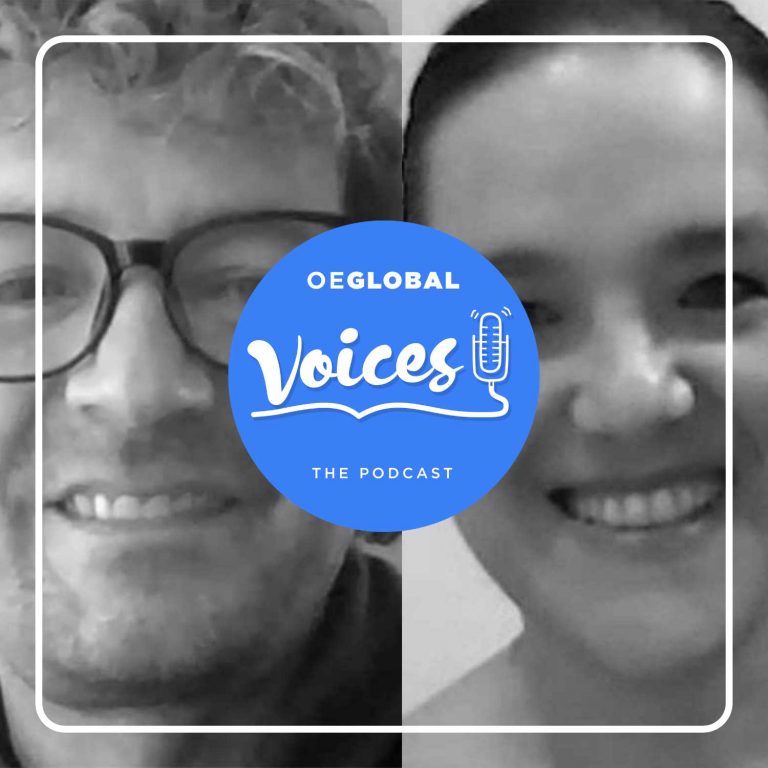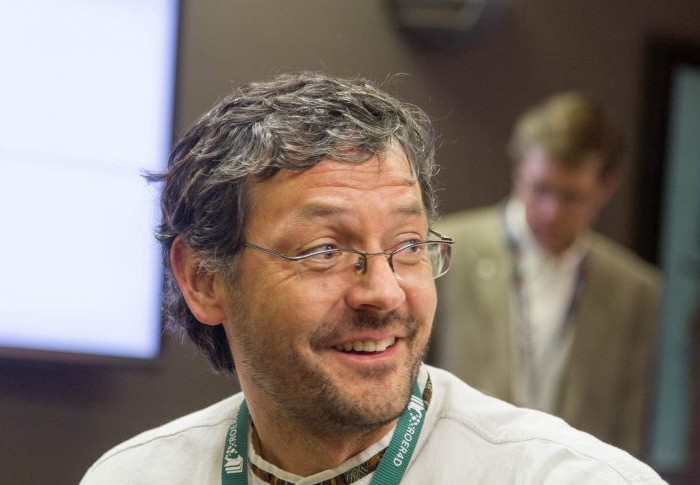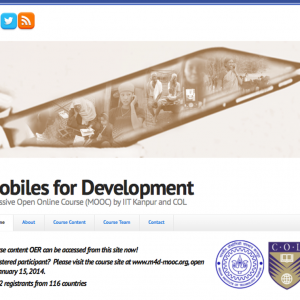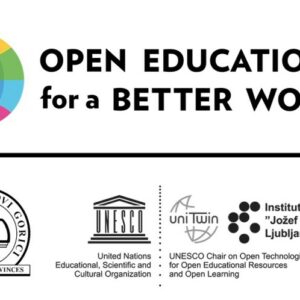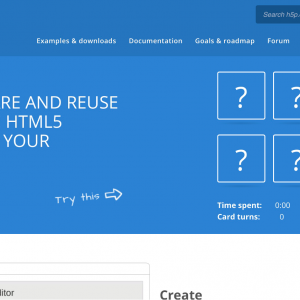Often OER advocates are focused on the potential for the materials, and the right to and requirement of openness, but sometimes the disconnect between practical uses of the materials can be limiting.
Werner has a deep and authentic commitment to equitable learning through ICT. He has a holistic yet practical view as to what is required to use OERs, and builds on lessons from other initiatives that have been limited by technological or infrastructural constraints of delivery of OER in a way that makes sense for the learning needs.
Werner worked with Learning Equality to align OERs to national curriculum in Chile and Honduras, with El Salvador underway, and he has presented on this work alongside their open learning platform, Kolibri, as a tool that could be piloted and scaled. He has shared this passion with our community while discussing the reusability paradox in a recent blog. Werner is leveraging his expertise in education technology and open content to ultimately improve the lives of learners globally.
Werner has over 20 years of experience with ICT-enabled education and training with ministries, higher education and civic education institutions, as well as an OER researcher and advocate. Notably of late, he kicked off an OE Global dialogue which encapsulates how he is thinking about OER: “How can OER, its use and the openness in our educational practices emerge as alternative and new ways of learning and teaching?”
Explore more about this award…
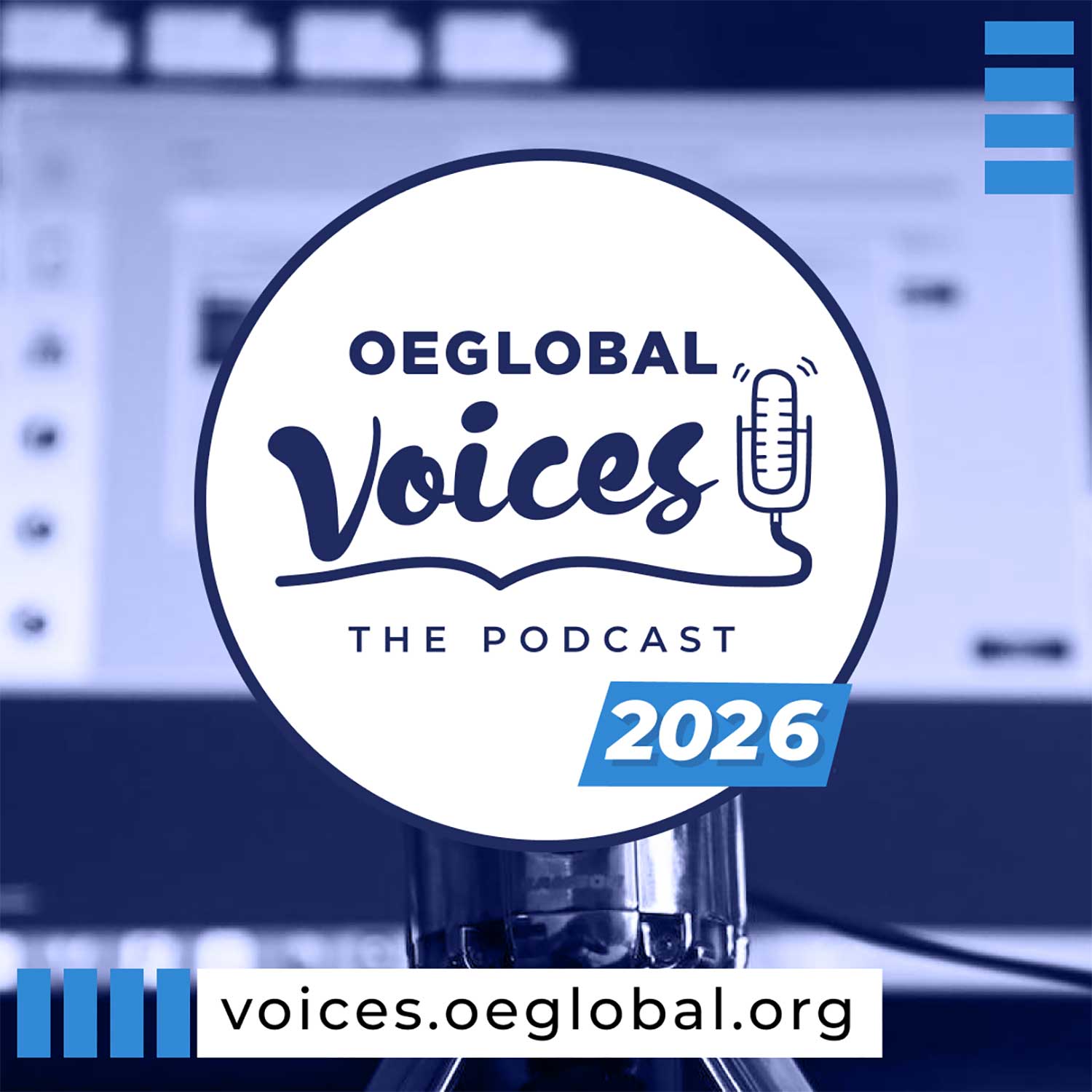
Podcasts from Open Education Global
Is the broad scale reusability of Open Education Resources (OER) limited by a long held paradox? Listen to this exciting conversation with Chilean teacher and systemic OER advocate Werner Westermann Juárez describing his recent work to align Spanish language OER to primary and secondary curriculum at a country wide scale. Even more exciting is that this work was accomplished with Learning Equality’s Kolibri Studio, a platform that can provide learning experiences in places lacking internet connectivity.
In another newest Spanish language episode of OEG Voices, Marcela Morales, OE Global Director of Community Relations engages Werner in a conversation where he explains the challenge of David Wiley’s Reusability Paradox. Driven by a need to address the disruption of traditional schooling by the Covid-19 pandemic, Werner and his team were able to rapidly align a “prioritized” K-12 Math curriculum in Chile with pathways in Kolibri Studio created with granular OERs from multiple sources.The project scaled from the initial scope of 5th-10th grades to 100% covered of all grade levels, aligning over 1100 OERs of mostly interactive content to the curricular learning outcomes.And its reach has grown to support a similar effort in Honduras.
This episode is part of our continuing series of podcasts recorded in Spanish. See below for a summary we recorded in English.
Nos preguntamos si la reutilización a gran escala de los recursos educativos abiertos (REA) está restringida por una paradoja persistente. Escuche esta enriquecedora conversación con el maestro chileno y perene promotor de los REA Werner Westermann Juárez describiendo su reciente trabajo en el que logra alinear REA en español con los planes de estudios de primaria y secundaria en escala nacional. Aún más emocionante es saber que este trabajo se desarrolla utilizando Learning Equality’s Kolibri Studio, una plataforma que puede brindar experiencias de aprendizaje en lugares que carecen de conectividad al Internet.
En este el más reciente episodio en español de OEG Voices, Marcela Morales, Directora de Relaciones Comunitarias para el OEG, entabla una conversación con Werner en la que explica el desafío de la paradoja de reutilización (Reusability Paradox) de David Wiley y el impacto que ha tenido en su contexto ultimamente. Impulsados por la necesidad de abordar la interrupción de la educación a causa de la pandemia Covid-19, Werner y su equipo lograron organizar rápidamente un plan de estudios de matemáticas K-12 “priorizado” en Chile con líneas de aprendizaje en Kolibri Studio creadas con REA granulares de múltiples fuentes. El proyecto escaló desde la propuesta inicial que comprendía los grados 5º al 10º hasta la inclusión de todos los niveles de grado, introduciendo más de 1,100 REA de contenido principalmente interactivo con los resultados de aprendizaje curricular. Su alcance se extendió aún más allá de líneas nacionales apoyando un esfuerzo similar en Honduras.
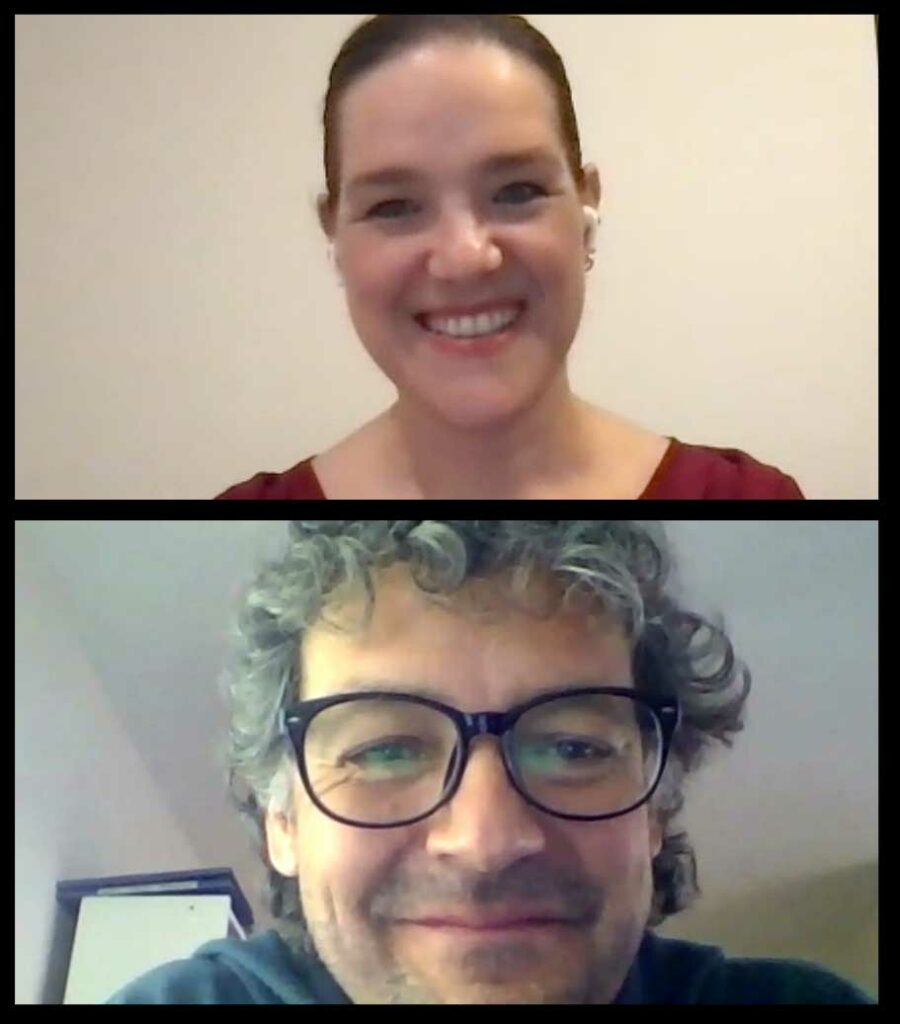
For a summary of this podcast, listen to an excerpt recorded in English:
So I think if you complement an open licensing framework, with very powerful tools, they can help you organize, distribute, and delivery of education, where when we can be very impactful in learning while we’re building these big solutions of integrated resources. So it’s a way to overcome this paradox.
Werner Westermann Juárez
Learn More and Join the Conversations in OEG Connect
- Read Werner’s post “Offline OER and the Reusability Paradox” (Learning Equality blog)
- Review the Reusability Paradox (David Wiley)
- Explore Kolibri Studio (from Learning Equality)
- Add comments or ask Werner questions below. Our discussions are hosted within the OEG Connect platform, where you can find and engage with all of the OEG Voices episodes.
- Also in OEG Connect, join a related recent discussion on Offline Open Education, Internet w/o Internet.
If you have suggestions for future guests or topics on OEG Voices, please let us know.
La música utilizada en este episodio fue “Joyful Meeting” de Crowander con licencia Creative Commons By Attribution Non-Commercial 3.0.
